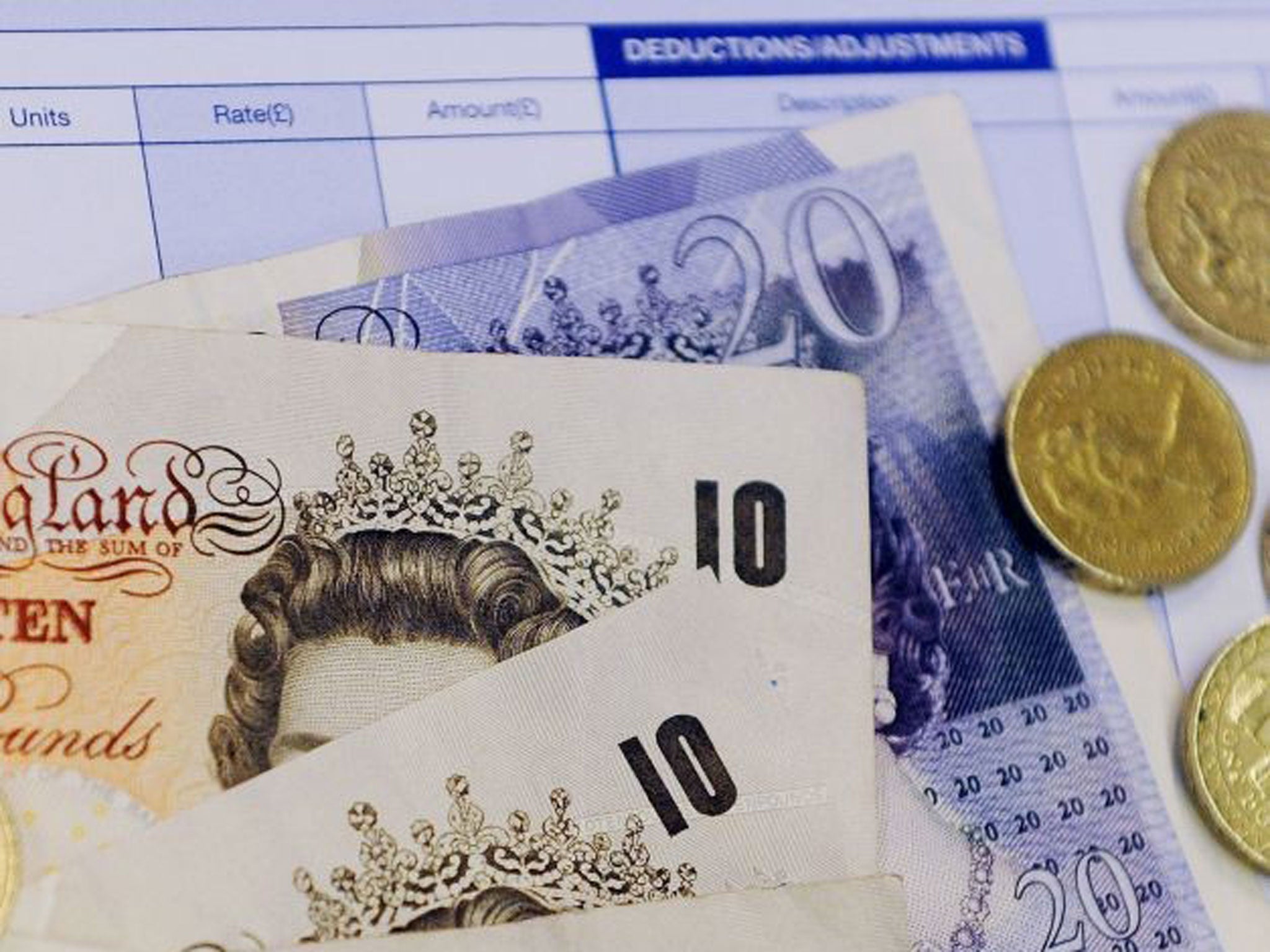Minimum wage set to rise by 20p to £6.70 per hour
£416 a year extra for a full-time worker on the minimum wage

Your support helps us to tell the story
From reproductive rights to climate change to Big Tech, The Independent is on the ground when the story is developing. Whether it's investigating the financials of Elon Musk's pro-Trump PAC or producing our latest documentary, 'The A Word', which shines a light on the American women fighting for reproductive rights, we know how important it is to parse out the facts from the messaging.
At such a critical moment in US history, we need reporters on the ground. Your donation allows us to keep sending journalists to speak to both sides of the story.
The Independent is trusted by Americans across the entire political spectrum. And unlike many other quality news outlets, we choose not to lock Americans out of our reporting and analysis with paywalls. We believe quality journalism should be available to everyone, paid for by those who can afford it.
Your support makes all the difference.The national minimum wage is set to rise by 3 per cent from £6.50 to £6.70 an hour in October, well above the 1.1 per cent inflation rate.
The move was recommended to the Government yesterday by the Low Pay Commission. Ministers, who normally accept the commission’s proposals, will announce their decision in the next few weeks.
Vince Cable, the Business Secretary, said the proposal would be worth £416 a year for a full-time worker on the minimum wage. He said the independent commission had struck “a delicate balance between what is fair for workers and what is affordable for employers, without costing jobs”.
Mr Cable added: “The value of the minimum wage would be higher than when we came to office in 2010 and we are now making good progress towards restoring the value it lost during the financial crisis.”
However, the proposal is lower than the £7 an hour figure floated last year by George Osborne, the Chancellor. The Resolution Foundation think tank said the commission could have proposed a 4.2 per cent rise to restore the minimum wage to its peak real-terms value in 2008-09. Conor D’Arcy, a policy analyst at the foundation, said the planned rise would feel “a little cautious” to many of the 1.2 million minimum wage workers.
Last night, the Government “named and shamed” 70 employers who had been fined a total of £70,000 for paying workers less than the legal minimum. They owed their employees a total of more than £157,000. East Midlands Crossroads, a care provider, owed £37,500 to 184 workers; Delcom Systems in Salisbury owed £11,730; the Apostolic Church in London £8,300 and Young Friends Nursery in Hove £6,700.

Yesterday, David Cameron was accused of trying to “bribe” pensioners while saddling younger people with government debt after he promised to maintain benefits for old people.
Mr Cameron said his 2010 promise to preserve winter fuel allowances, free TV licences and bus passes regardless of pensioners’ income would last as long as he remains Prime Minister. Labour and the Liberal Democrats have promised to restrict the winter fuel payments for better off pensioners.
But critics accused the Conservatives of playing a cynical “generation game” by wooing the “grey vote” because the over 65s were the most likely to vote in May’s general election. The pensioners’ perks cost about £3bn a year and the Tories have pledged to find a further £12bn cuts in welfare if they remain in power.
Mark Littlewood, director general of the Institute for Economic Affairs, said: “Politicians must stop trying to woo elderly voters at the expense of other generations. The elderly cannot remain immune to public spending restraint and abolishing these benefits would help ease the burden on the working age population.”
Jonathan Isaby, chief executive of the Taxpayers’ Alliance, said: “It’s hard to shake the suspicion that austerity stops at 65. The extraordinary debt that politicians have racked up will weigh very heavily on our children and grandchildren, and continuing these policies into the next parliament will only add to that potentially back-breaking burden.”
Join our commenting forum
Join thought-provoking conversations, follow other Independent readers and see their replies
Comments